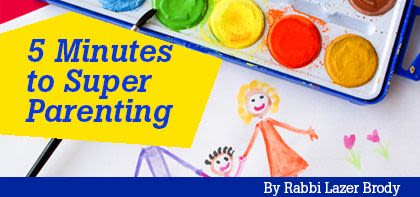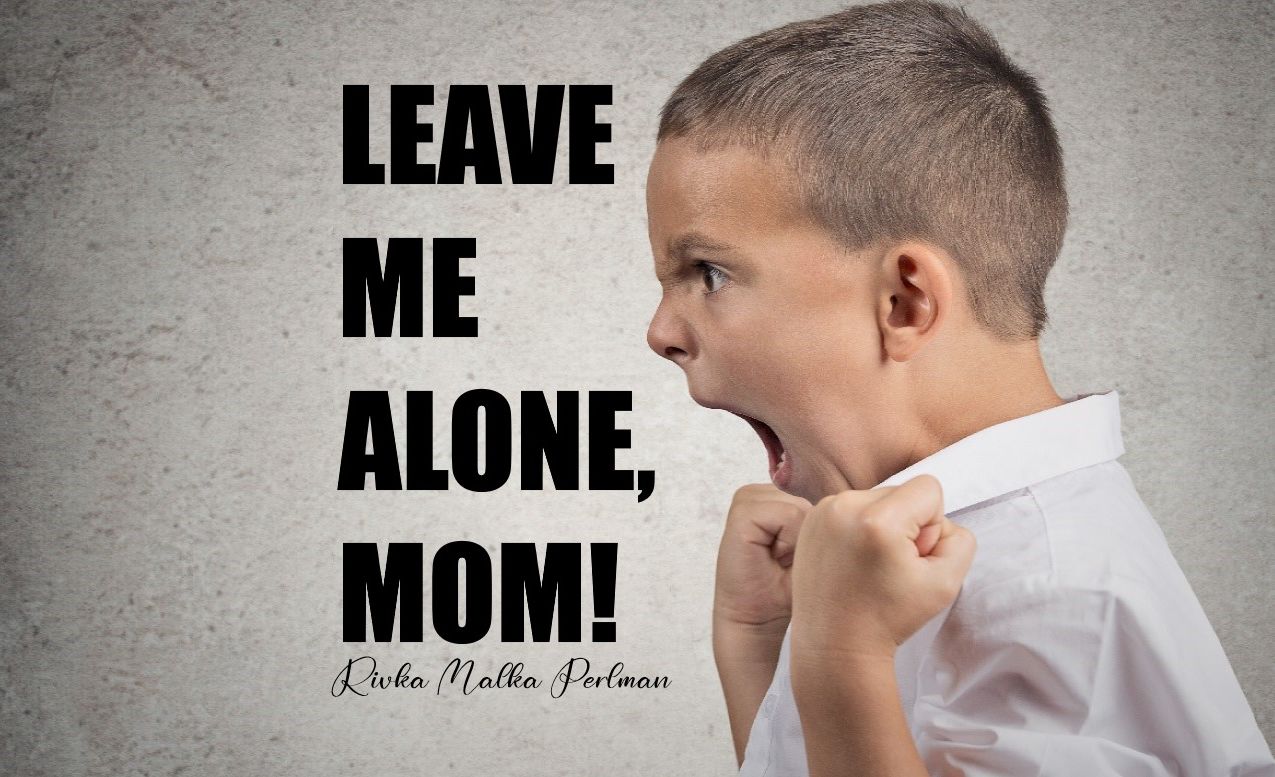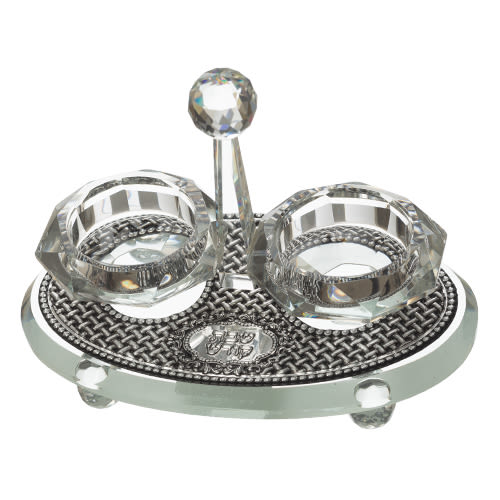
5 Minutes to Super Parenting
The best way to assess ourselves as parents is to ask ourselves what qualities we would have loved to see in our own parents. Then, we assess ourselves accordingly…

Wouldn’t we want our children to think of us for posterity as the greatest positive influence in their lives? And we should be! Wouldn’t we want to help each of our children attain their maximal potential while building on their good points? If not, we need to change our game plan as parents.
The best way to assess ourselves as parents is to ask ourselves what qualities we would have loved to see in our own parents. Then, we write them down and assess ourselves according to our own standard.
After years of hearing people’s difficulties with their own parents, I encapsulated five major points that everyone wants to see in their own parents. They are:
1. I want my parents to truly care about me.
2. I want my parents to believe in me. That means never to cut me down or belittle me.
3. I want my parents to recognize and appreciate my individuality. That means acknowledging that I have my own strengths and weaknesses and never judging me by comparing me to anyone else.
4. I want my parents to be genuinely interested in how I feel.
5. I want my parents to give me a listening ear.
Wouldn’t life be a dream with parents like that? So what if we didn’t benefit from that? Why not make  ourselves such super parents? It’s a guarantee for raising confident, happy and well-adjusted children.
ourselves such super parents? It’s a guarantee for raising confident, happy and well-adjusted children.
Let’s assess ourselves point by point according to the above criteria:
1. Do we categorically care about our child? Do we only want the best for each of them? Don’t be so fast to say yes. How many parents care only about the prestige and the honor that their child brings them, with no true compassion for the child’s own happiness and welfare? How many parents “love” their children only when they come home with grades of 94 or better on tests or only if they win the lead role in the school play? How many parents disdain their children if they don’t make the first string of the varsity or Phi Beta Kappa? That’s not loving the child; that’s selfishly loving oneself at the expense of the child and utter cruelty, not compassion. This point should be a main thought for parental self-assessment and self-correction. Happy are those who love their children unconditionally, whether the child is autistic or the class valedictorian.
2. Do we believe in each of our children? Disparaging a child is a transgression of Torah law worse than eating pork. Avoid it at all costs! Telling your child that you believe in him/her – and meaning it sincerely – is the greatest empowerment you can give that child. The more we believe in Hashem, the more we can believe in our children, knowing that Hashem created each one with the tools they need to do their mission on earth. That leads us to the next point:
3. Do we recognize and respect our child’s individuality? We can’t do that unless we believe that Hashem creates each child with unique qualities that no one else has. A parent who can’t see his or her child’s special qualities has no inkling of the needs or identity of that child. To appreciate our children, we must get to know them. That means spending quality time with them.
4. Do we know how our children feel? An empathetic and sympathetic parent can defuse potentially traumatic situations for children simply by maintaining constant open lines of communication. How many parents are too “busy” to listen to their children. A mother who’s more into Facebook and Mahjong than she is to her children will never know what makes them tick. And a father who holds Dow-Jones above his own son will never know what makes his son happy. Buying him his own IPod or PlayStation is no substitute for the parental compassion in knowing how the boy feels. Can we say that we know how each of our children feels at a particular time?
5. Do we listen to our children? This is an acute area that’s critical to the child’s emotional health. Children whose parents don’t listen to them grow up resentful and insecure. “Why does Dad laugh and joke with all the patience in the world for his silly golf or bowling buddies, but he has no time for me!” Or, “Why does Mom talk to her girlfriends for hours, but she doesn’t have five minutes for me.” Poor-listener parents then react in a self-righteous manner, shrugging their shoulders and asking why their child is looking for love and attention out in the gutter. Ring a bell? Let’s not go there at all; parents who are compassionate listeners can look forward to the joy of happy, well-adjusted children.
Reviewing the above 5 parental-diagnostic points in your daily self-assessment for a mere 5 minutes a day will turn you into a super parent within 90 days. Guaranteed! How do I know? It models the profile of our Father in Heaven, the greatest Parent ever.












7/30/2018
Free will
I was also wondering about free will. You wrote "parents who are compassionate listeners can look forward to the joy of happy, well-adjusted children". Is this not saying that outcome is in our hands? Don't adult children have free will to make their own moral decisions? BTs were raised secular but embrace Hashem and some FFBs move away. Aren't we rewarded for our good efforts but the outcome is Hashem? Thank you!
7/30/2018
I was also wondering about free will. You wrote "parents who are compassionate listeners can look forward to the joy of happy, well-adjusted children". Is this not saying that outcome is in our hands? Don't adult children have free will to make their own moral decisions? BTs were raised secular but embrace Hashem and some FFBs move away. Aren't we rewarded for our good efforts but the outcome is Hashem? Thank you!
7/30/2018
It models the profile of our Father in Heaven, the greatest Parent ever.
Thank you, Rabbi! Wonderful points! I was wondering about this: "It models the profile of our Father in Heaven, the greatest Parent ever." Hashem ofcourse does all the above, but what about discipline? Doesn't Hashem also expect us to discipline our children… with love, but also with firmness? Where does "Spare the rod, spoil the child" fit into this? I am just trying to understand. It can't be all lovely-dovey or the child can become monstrous. I'd love an article about disciplining firmly.